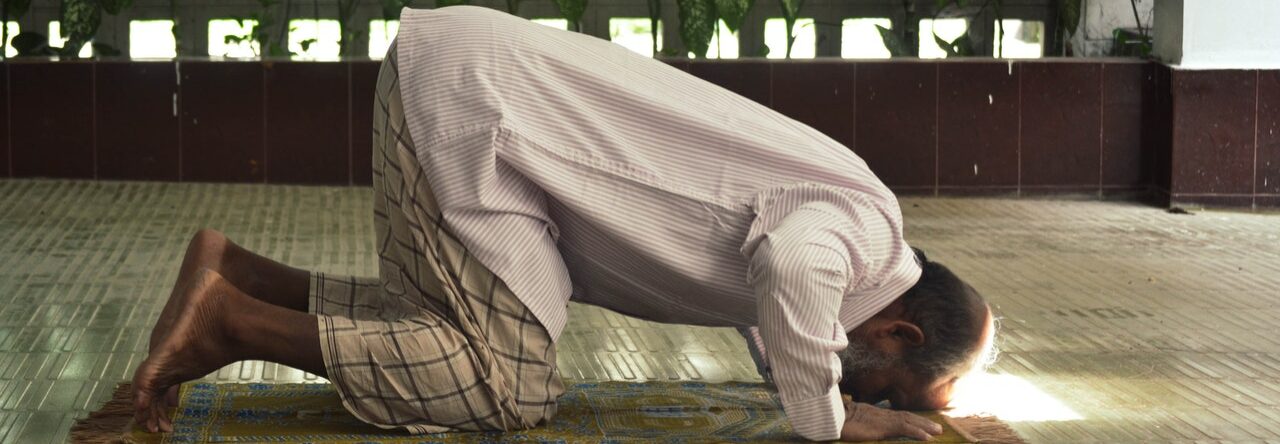Ramadan is once again just around the corner and this year, unlike years past, we wanted to narrowly focus our Ramadan workshop on one thing: Intentions. The goal is lofty so we got this workshop out early and we recommend that you get started right away so you are already on a roll in Ramadan.
One of the most famous – if not the most famous – sayings of the Prophet ﷺ is the hadith of Omar:
عَنْ عُمَرَ، أَنَّ رَسُولَ اللَّهِ صلى الله عليه وسلم قَالَ “ الأَعْمَالُ بِالنِّيَّةِ، وَلِكُلِّ امْرِئٍ مَا نَوَى، فَمَنْ كَانَتْ هِجْرَتُهُ إِلَى اللَّهِ وَرَسُولِهِ، فَهِجْرَتُهُ إِلَى اللَّهِ وَرَسُولِهِ، وَمَنْ كَانَتْ هِجْرَتُهُ لِدُنْيَا يُصِيبُهَا، أَوِ امْرَأَةٍ يَتَزَوَّجُهَا، فَهِجْرَتُهُ إِلَى مَا هَاجَرَ إِلَيْهِ ”.
‘Umar bin Al-Khattab r Narrated: Allah’s Messenger ﷺ said, “The reward of deeds depends upon the intention and every person will get the reward according to what he has intended. So whoever emigrated for Allah and His Apostle, then his emigration was for Allah and His Apostle. And whoever emigrated for worldly benefits or for a woman to marry, his emigration was for what he emigrated for.”
Sahih al-Bukhari 54
The translation used above uses the term ‘reward’ but in the original Arabic, what the Prophet ﷺ says is closer to “and every person shall have what he intended”. He ﷺ is saying, your actions may all be the same, but your experience and your results will manifest based on the intentions you came into the action with. What it would indicate is that everyone will face the consequences of his intentions.
As muslims, we are often taught the importance of intentions. Some of the most famously pious Muslims obsessed about intentions. It is said that Umar bin Abdalaziz, Caliph of the Muslims, would not put one foot in front of the other without intending it first. The saying of the Prophet ﷺ on intentions cited above is at the start of most books on Prophetic tradition. A simple search on youtube of Islamic lectures on intention yields at least a hundred videos of both famous and ‘regular’ Muslim takes on the topic. Even non-religious personal development gurus talk about how important intentions are and how most people do not intend enough.
But what is an intention really, and what do we gain from intending? Is intention deciding to do an action? A lot of the time when we are taught about intentions that’s what it seems like. Especially as they relate to our worship, we are told we must intend the action – i.e. resolve to do the action specifically and for the sake of Allah – for the action to be valid as worship. From this we easily grasp the importance of deciding to do an action and that we can’t just do things because ‘everyone is doing it’. Beyond this though, a lot of us fail to properly make use of the intentions for our actions. Especially for things that are routine, intentions fall into the background. Of course, I’m doing what I’m doing – how could I not be. But, the power of intentions happens not when we intend our actions but rather when we intend the results of our actions. When we intend what we want this action to give us, that’s when intentions suddenly transform into something truly valuable. When we intend the results of our action this allows us to clarify our goals, align our actions with our values, and manifest the experience in life we wish to draw us closer to Allah.
Read More
